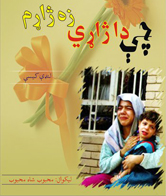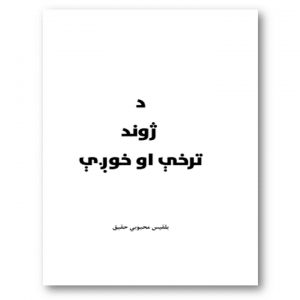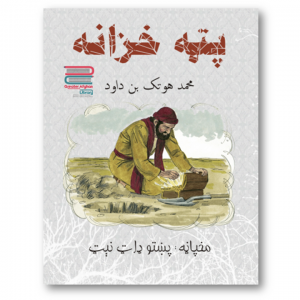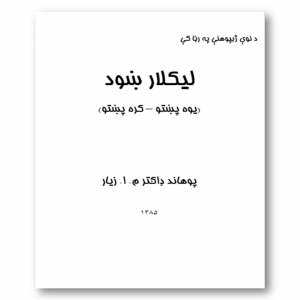About ( چې داژاړي زه ژاړم ): You can read short details of the book above. If You want to get the book ( چې داژاړي زه ژاړم) Road Alignment and Survey), than just click on DOWNLOAD FREE Bottom, wait and the download will start to your Mobile/PC.
More from Easylibrary.org: د مکتب نصاب کتابونه, Afghanistan Provinces & Districts Maps (Pdf)
Quotes
Literature plays a profound role in shaping cultural narratives and driving social change by reflecting, critiquing, and challenging prevailing attitudes, values, and norms within society. Through storytelling, character development, and thematic exploration, books offer insights into human experiences, stimulate critical thinking, and inspire collective action. Here’s how literature contributes to social change and shapes cultural narratives:
- Exploration of Social Issues: Literature serves as a platform for exploring complex social issues, including inequality, injustice, discrimination, oppression, and human rights violations. Authors use narrative techniques, symbolism, and character development to illuminate the root causes and consequences of social problems, fostering empathy, awareness, and understanding among readers.
- Representation and Diversity: Literature plays a pivotal role in promoting representation and diversity by amplifying voices and experiences that have been marginalized or underrepresented within mainstream discourse. Through diverse characters, settings, and perspectives, books challenge dominant narratives, celebrate cultural pluralism, and validate the lived experiences of individuals from diverse backgrounds and identities.
- Empathy and Perspective-Taking: Literature cultivates empathy and perspective-taking by inviting readers to inhabit the lives of characters and explore their inner worlds, struggles, and triumphs. By engaging with diverse narratives and encountering characters from different social, cultural, and historical contexts, readers develop a deeper understanding of human complexity, empathy for others, and appreciation for diverse perspectives.
- Critique of Power Structures: Literature serves as a vehicle for critiquing power structures, institutions, and systems of oppression that perpetuate social inequality and injustice. Authors challenge hegemonic ideologies, question authority, and expose the mechanisms of power that shape individual lives and collective destinies. Through literary criticism and analysis, readers interrogate power dynamics, confront systemic injustices, and envision alternative futures.
- Cultural Memory and Collective Identity: Literature preserves cultural memory and collective identity by documenting historical events, cultural traditions, and collective struggles for social change. Through historical fiction, memoirs, and testimonial literature, authors bear witness to moments of triumph and tragedy, honoring the resilience, courage, and resilience of individuals and communities who have shaped history and shaped cultural narratives.
- Inspiration for Social Movements: Literature inspires social movements and activism by articulating visions of justice, freedom, and equality that inspire collective action and social transformation. Books serve as catalysts for social change by mobilizing public opinion, galvanizing grassroots movements, and fostering solidarity among individuals committed to creating a more just and equitable society.
- Dialogue and Debate: Literature stimulates dialogue, debate, and critical engagement with pressing social issues by provoking thought, raising questions, and challenging assumptions. Books spark conversations across diverse communities, classrooms, and platforms, encouraging readers to confront uncomfortable truths, grapple with ethical dilemmas, and imagine alternative possibilities for the future.
In summary, literature is a powerful force for social change that shapes cultural narratives, fosters empathy, and inspires collective action. By amplifying diverse voices, challenging dominant narratives, and engaging with pressing social issues, books have the potential to catalyze transformative change, advance social justice, and build more inclusive and equitable societies. As readers, writers, and advocates, we have the responsibility to harness the power of literature to imagine and create a better world.
Read more: Afghanistan Jobs , Articles ,+Publish your Books







Reviews
There are no reviews yet.